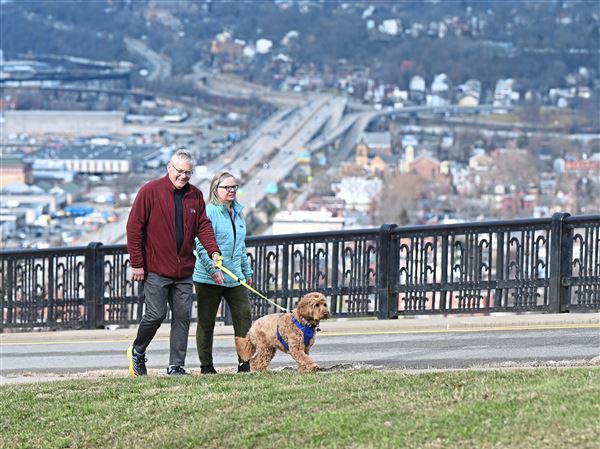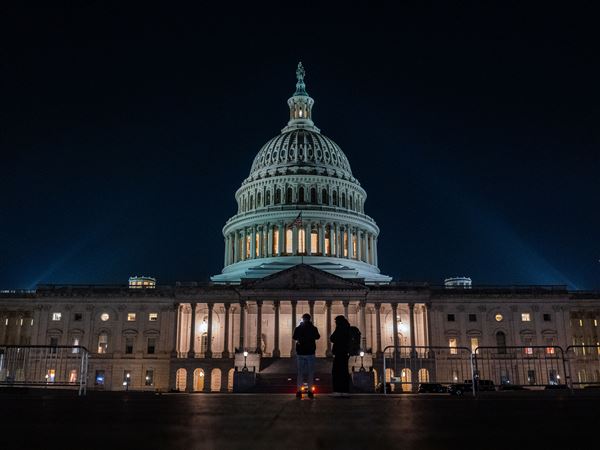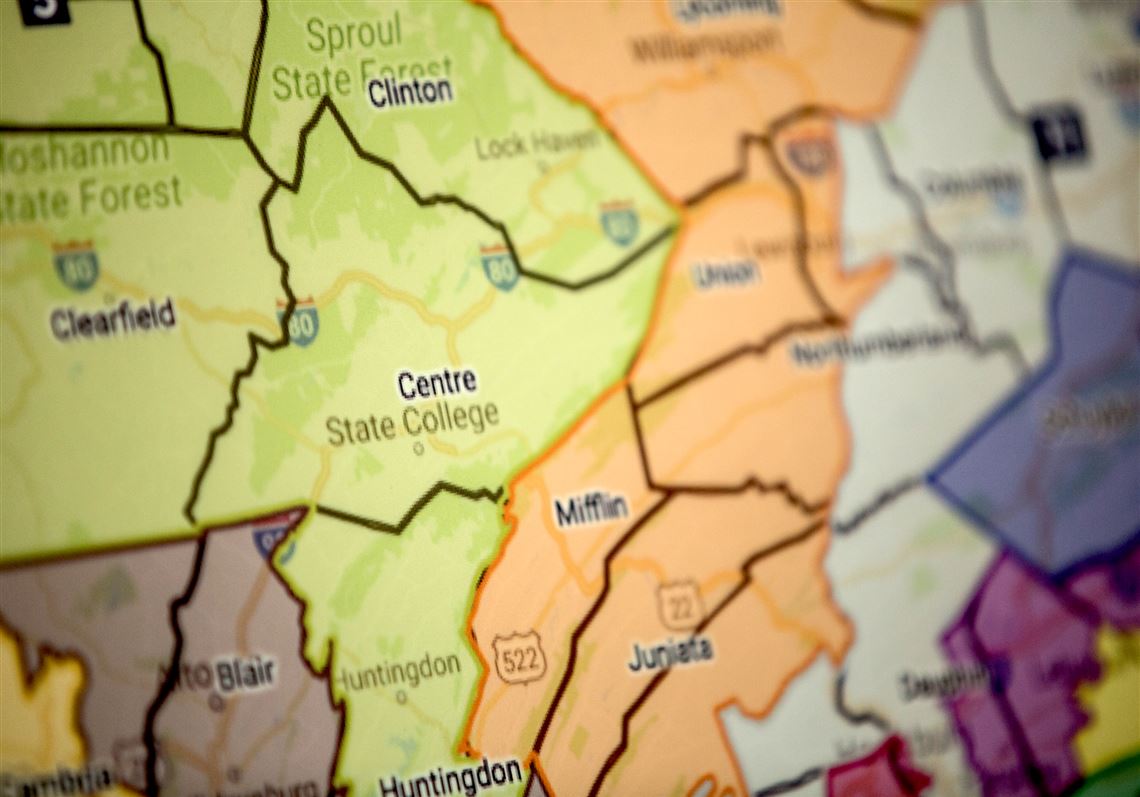A new year brings opportunities to explore new endeavors but also to take care of unfinished business. Redistricting reform is one of the crucial jobs left to do.
Amid unprecedented grassroots activism and coalition advocacy, the General Assembly produced several notable proposals for redistricting reform in 2019. As members of the Pennsylvania Redistricting Reform Commission, an advisory body created by Gov. Tom Wolf, we also offered last year a model of meaningful reform for drawing political boundaries. And we did so after hearing from more than 600 citizens at nine public hearings around the commonwealth, and many hundreds more online.
Pennsylvanians are frustrated. They feel the political system is broken and that their interests are often overshadowed by those who work in it. They see gerrymandering in our state legislative and congressional districts — and specifically, the unnecessary division of their communities — as a prime example of what is wrong.
Not every citizen we heard from had a prescription for reform, but nearly everyone shared similar sentiments around what would re-engender their trust.
First, to the greatest extent possible, regular citizens from across the commonwealth should have a role in the drafting and revision of political maps. The shape of political districts is fundamental to people’s representation in government and they must have a say in how those shapes are determined.
Second, the criteria and values by which maps are drawn must be clear, consistent and accountable. It must be publicly known at the outset what objectives are being sought, and at the end, whether they were met.
And third, the entire process — from the selection of map drawers to the approval of maps — must be straightforward, open and transparent. People only trust that which they can see. This should be the case with redistricting.
Pennsylvanians’ commitment to this issue has been steadfast and growing — holding community meetings, publishing op-eds and letters to the editor, sitting down with their legislators, and trekking to Harrisburg to be heard in the Rotunda — but with census data becoming available for redistricting in 2021, time is running out.
Given our experience “on the trail” hearing from the public, we have no expectation that they will let this go. We applaud their energy, their passion and their persistence. We urge the leadership in the General Assembly to take up the mantle.
Dr. Lee Ann Banaszak of Penn State University, former League of Women Voters PA president Susan Carty, Senator Jay Costa, Erie County Executive Kathy Dahlkemper, former congressman Charlie Dent, Representative Frank Dermody, Reverend Robert L. Johnson, Wesley Pegden of Carnegie Mellon University, PA Latino Affairs Commissioner Dr. Damary Bonilla-Rodriguez, Urban Affairs Coalition CEO Sharmain Matlock-Turner and Committee of Seventy CEO David Thornburgh, served on the Pennsylvania Redistricting Reform Commission from November 2018 to August 2019. Read the full commission report.
First Published: January 30, 2020, 9:45 a.m.















